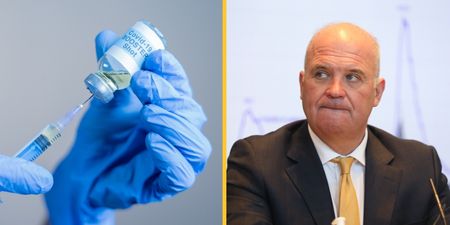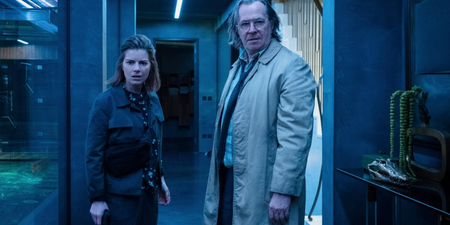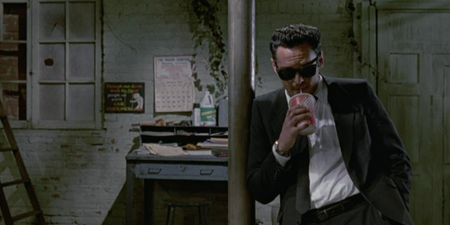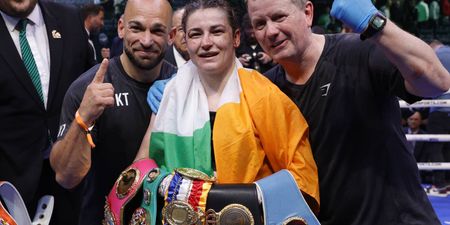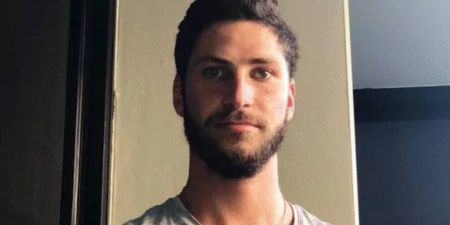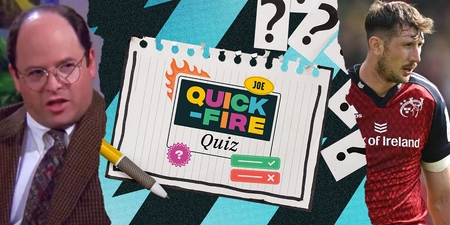by Evgeny Shtorn, an LGBT-activist and researcher from St. Petersburg who spent almost two years in Direct Provision.
“Direct provision is worse than confinement, because it’s not a measure.”
As someone who spent 19 months of my life in Direct Provision, I am constantly coming back to that traumatic experience now when I am in confinement, as are billions of others all over the globe. I think it is crucial to reflect on both of these forms of artificial limitation of vital space to understand what lessons we can learn from it as a society.
From one side, the quarantine and the virus outbreak would now make it easier to explain what I was feeling while in Direct Provision. I left behind my entire life, my future was as unpredictable as it could possibly be, my resources were extremely limited and my whole world was reduced to a small radius of free walks that I could afford, chained by institutionalised poverty. It looks quite similar to the situation in this current confinement, as I spend hours in a rented flat with significant part of my income being lost or postponed, with little or no understanding of when it will all be over and how I will manage my life in years to come.
But, on the other hand, the confinement, even though it is a huge challenge for anyone’s mental health, is not exactly the same. Direct provision is much worse, and here I explain why.
The COVID-19 virus brings fear to every single human being. It affects everyone, regardless of what age you are or how strong your health is. If it is not fear for your own life, it is the fear for your loved ones: parents, grand-parents, relatives, and friends. We all are in this together. And the suffering of someone doesn’t reduce your own suffering, but only boosts it. Many of us follow statistics of deaths from the new coronavirus all over the world. The figures only increase our fears and disenfranchisement.
Yet, those who are in Direct Provision not only are at more danger than those who have the privilege self-isolate in their own houses (even rented ones or those on mortgage). Their fears regarding their future, their asylum cases, their social and economic development are now added to the fears and uncertainty that we all are going through. Their sense of unpredictability – that is probably the most terrible thing you have to carry on while living in Direct Provision – is multiplied by the unpredictability that is brought by this virus.
The system of Direct Provision is designed to limit people’s abilities, to disable them: so not to give them a chance to take roots, to belong and to contribute. As a result, this cruel system promotes invisibility of thousands of people. The invisibility that transforms into blindness. Our blindness. But the virus can help us to open our eyes, not only can it affect our lungs. We now see the exhausting labour of nurses and other care-workers, acknowledge how invisible are those who deliver food, or merchandisers in the supermarkets. Thousands and millions of invisible people who were making our live so comfortable, keep on doing this on a daily basis now. Shall we also see those in the international asylum process?
Those who are enclosed in Direct Provision keep on being invisible. The potential danger that the coronavirus brings is that we can have a massive hotbed of infection in these hostels. Lack of privacy transforms into the higher risk of contracting the disease. Will the health system manage? Will the healthcare system see the invisibles? Or will it prioritise the people it only perceives? And who those people will be? How can we be sure that someone in Direct Provision having symptoms of COVID-19 would feel confident to call a GP? Did we do anything to make them feel confident?
On social media, people are sharing their pictures of what they are cooking, that’s how some escape the frustration of confinement, but people in Direct Provision have no cooking facilities. People in confinement are trying to distract themselves enjoying the opera or other cultural productions, but in Direct Provision the internet is usually slow, and the roommates might not be happy watching the same things. In confinement we can still try to move the furniture and do some stretching, while in Direct Provision you more likely have two square meters of your semi-private habitat.
The actual crisis showed how important are nurses for everyone, how important our food-delivery system us and all other forms of commodification of life of citizens. It has showed us the limitations of our homes. Yet, there are also thousands of people who are now being enclosed and lacking mobility, not only physical but also social. I would like us to see them, as well, to point out that this crisis also acknowledged how institutionalized forms of living imposed on people seeking international protection end up being an additional problem. It is an intersectional problem.
This pandemic brought us the deep understanding of the importance of the common interests, which are health, safety and decent forms of living. Without these, we will not manage another confinement, and the problem will come back. In Irish society, we can easily identify these groups who are more exposed to potential risks: asylum seekers, undocumented migrants, homeless people, Travellers and precarious workers. The groups for which the confinement is not the biggest problem, but just another problem in addition to everything they have to struggle with.
Direct provision is worse than the confinement because it puts those who are forced to remain there at the first line of any danger and any crisis. Direct provision is worse than confinement because people there are not saving anyone lives, but more likely losing their own. Direct provision is worse than confinement because it’s not a measure, but the disease itself. And I only hope that we will understand it before it will be too late.
Evgeny Shtorn was forced to leave Russia in 2018. In 2019 he was granted international protection in the Republic of Ireland. He currently works as a Cultural Diversity Researcher at Create and co-facilitates the project ‘Something From There’ in the National Gallery of Ireland. As an activist Shtorn has been involved in human rights and LGBT advocacy for almost two decades. He founded a grassroots initiative Queer Diaspora Ireland in support of victims of gender-based violence and LGBT-people in direct provision.
LISTEN: You Must Be Jokin’ with Conor Sketches | Tiger Woods loves Ger Loughnane and cosplaying as Charles LeClerc






